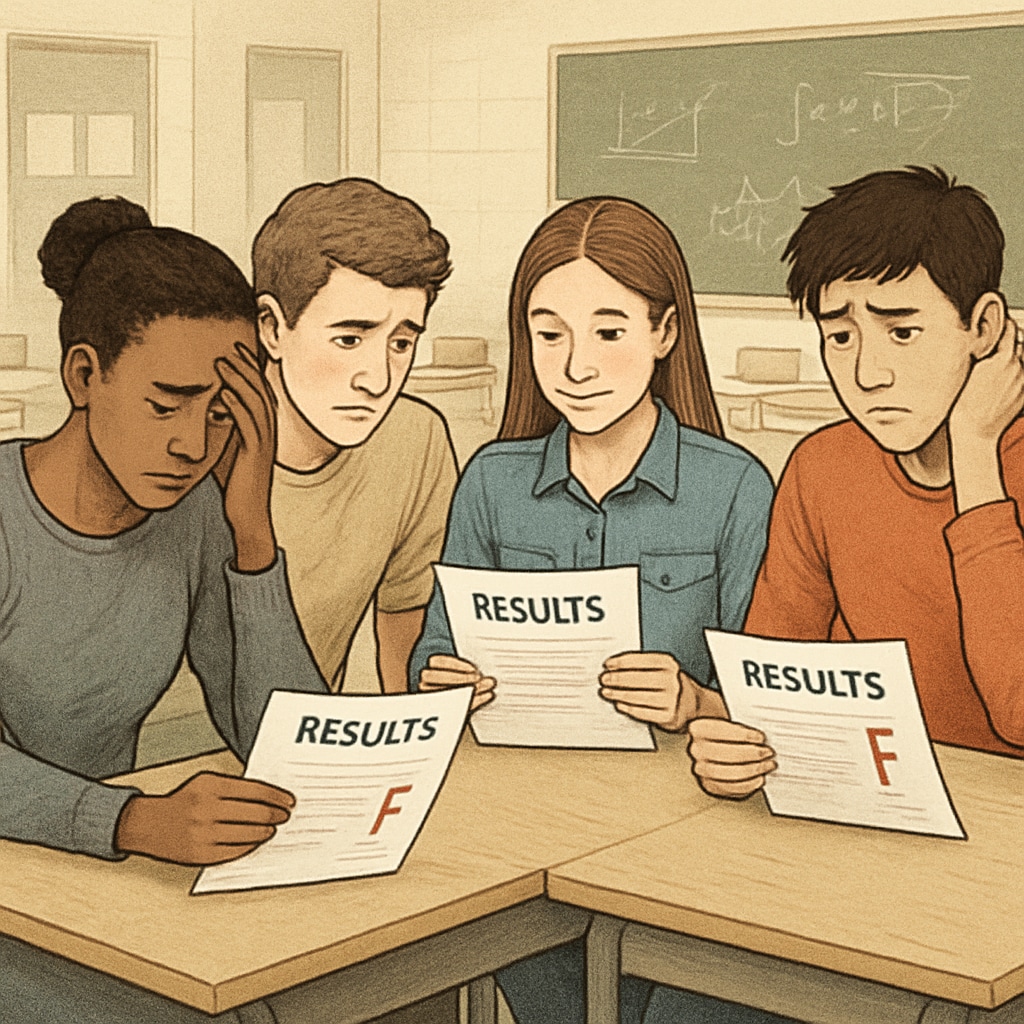For many students, GCSE results are a moment of triumph or despair, shaping their academic futures and, in some cases, their self-worth. When GCSE results fall short of expectations, students often grapple with academic anxiety and self-doubt, questioning their abilities and future prospects. This article aims to explore the psychological and social impact of underwhelming GCSE performance, the limitations of traditional grading systems, and the significance of diverse educational paths for achieving lifelong success.
Understanding the Emotional Impact of GCSE Results
GCSE results often carry immense weight in shaping a student’s self-perception. The emotional toll of disappointing grades can lead to feelings of inadequacy and heightened academic stress. For example, students may compare themselves unfavorably to peers, internalizing the belief that lower grades equate to lesser potential.
However, academic success is not solely defined by grades. It’s essential for students to recognize that resilience and adaptability can pave the way for opportunities beyond traditional academic metrics.

Rethinking the Definition of Success
Traditional grading systems, such as GCSEs, often emphasize rote learning and exam performance over creativity, critical thinking, and problem-solving skills. While these tests aim to measure knowledge, they may fail to capture a student’s broader capabilities and potential.
In light of this, educators and parents must encourage students to embrace alternative definitions of success. For instance:
- Pursuing vocational training or apprenticeships that align with individual interests.
- Exploring creative fields like art, music, or writing where grades are secondary to talent and passion.
- Focusing on long-term personal growth, including soft skills like communication and teamwork.
These paths can help students build confidence and achieve fulfillment in areas outside conventional academic frameworks.

Strategies to Overcome Academic Anxiety
For students struggling with self-doubt following disappointing GCSE results, there are practical steps to rebuild confidence and refocus on future goals:
- Seek Support: Reach out to school counselors, mentors, or trusted family members to share concerns and seek guidance.
- Set Realistic Goals: Break down long-term ambitions into manageable steps to maintain motivation and track progress.
- Embrace Failures: Understand that setbacks are part of the learning process and can lead to valuable life lessons.
- Explore Options: Research alternative paths such as vocational courses, internships, or gap years for skill development.
Implementing these strategies can help students reduce academic anxiety and turn perceived failures into opportunities for growth.
The Role of Society in Shaping Success Narratives
Society’s emphasis on academic achievements often reinforces the idea that GCSE results are the ultimate measure of success. This narrative can be detrimental to students who excel in non-academic areas or require alternative learning methods. Therefore, fostering a culture that values diverse talents and accomplishments is crucial.
For example, successful entrepreneurs, artists, and innovators often attribute their achievements to perseverance, creativity, and experiential learning rather than academic excellence. Highlighting these stories can inspire students to pursue unconventional paths and redefine what success means to them.
External Resources:
For further reading, consider exploring:
Ultimately, GCSE results are just one chapter in a student’s educational journey. By reframing success and exploring diverse opportunities, students can move beyond self-doubt and achieve their full potential.
Readability guidance: Use short paragraphs and lists to summarize key points; include transitions like “however,” “as a result,” and “in addition” to ensure flow; and maintain a balance of active voice throughout.


